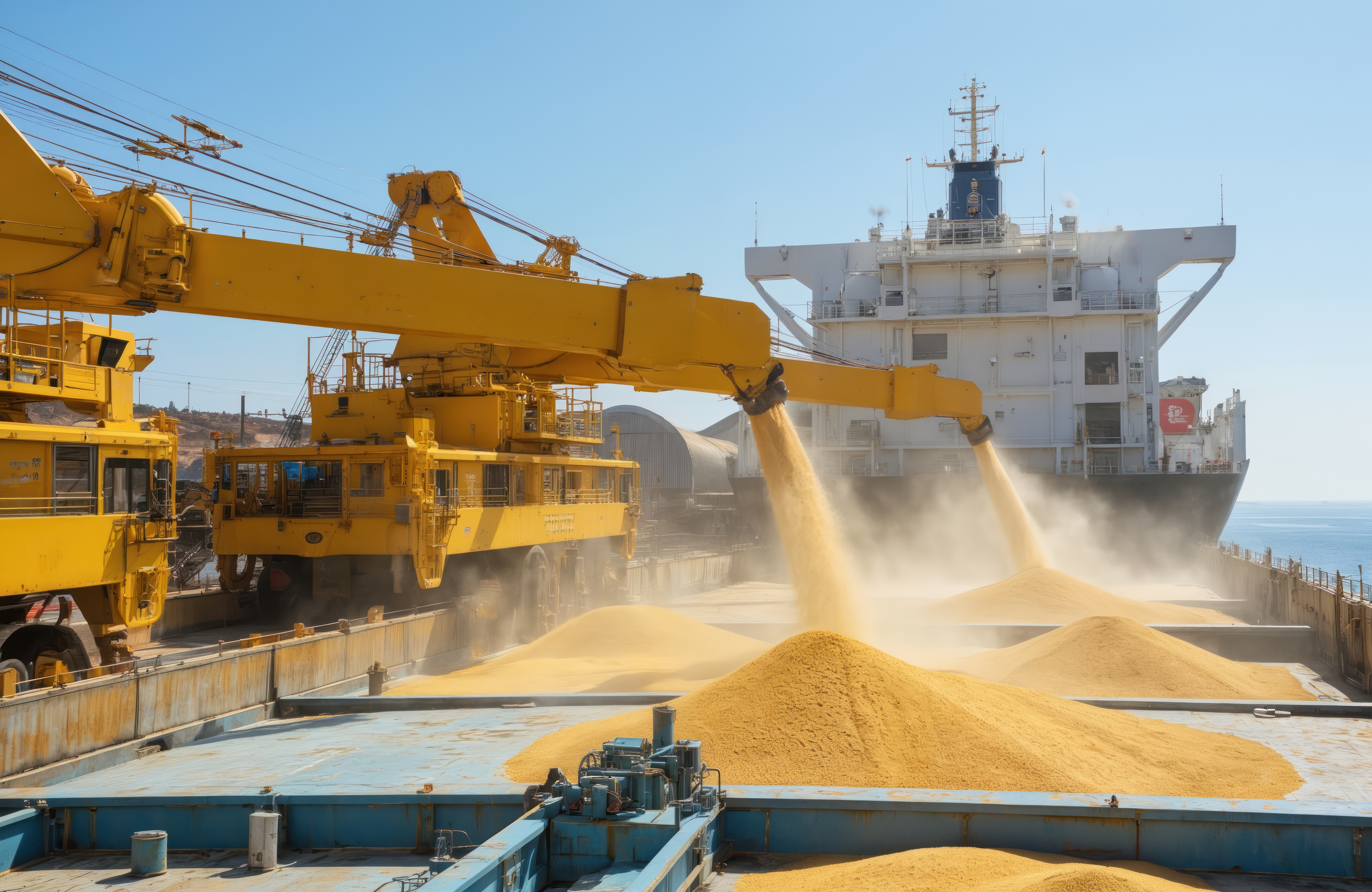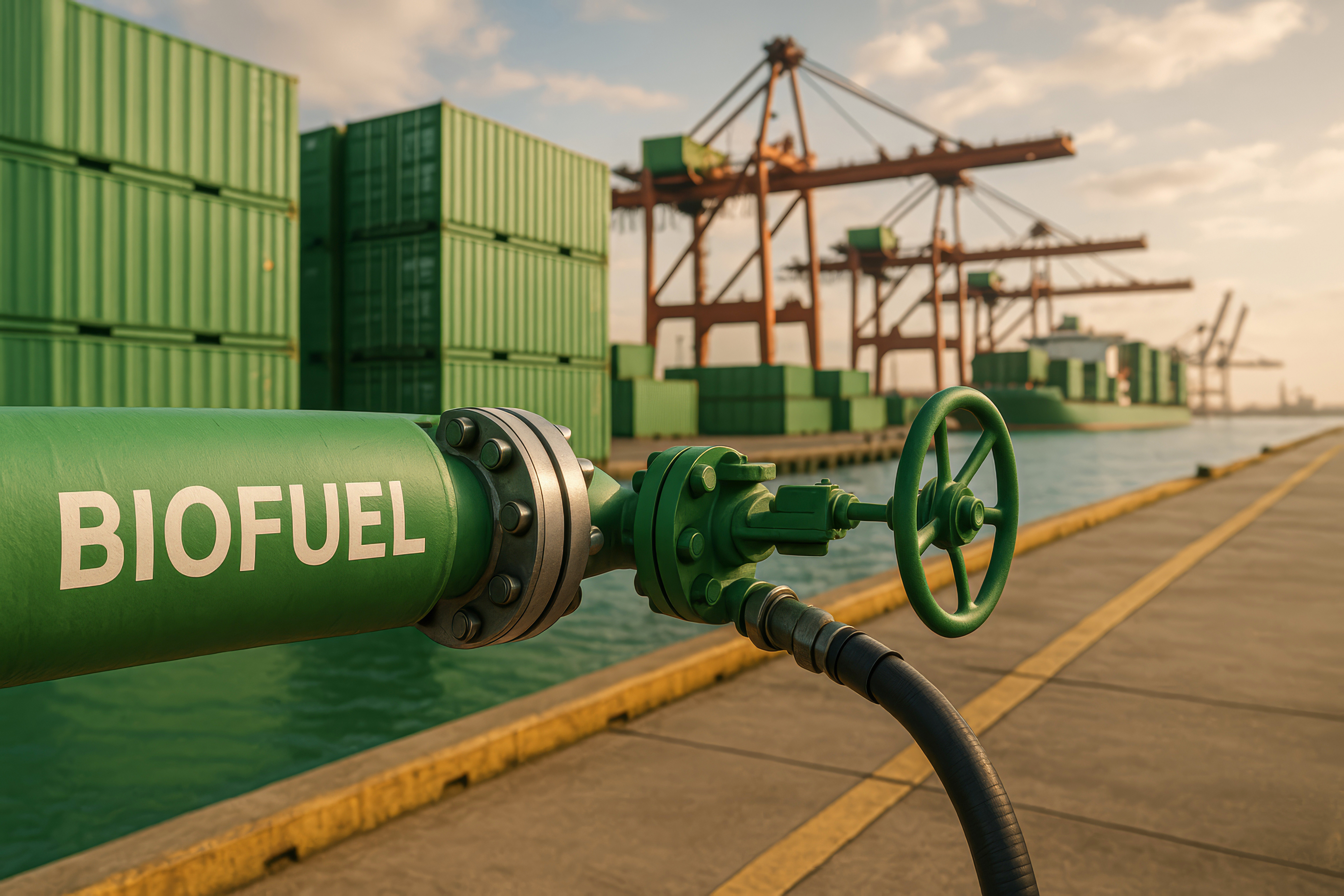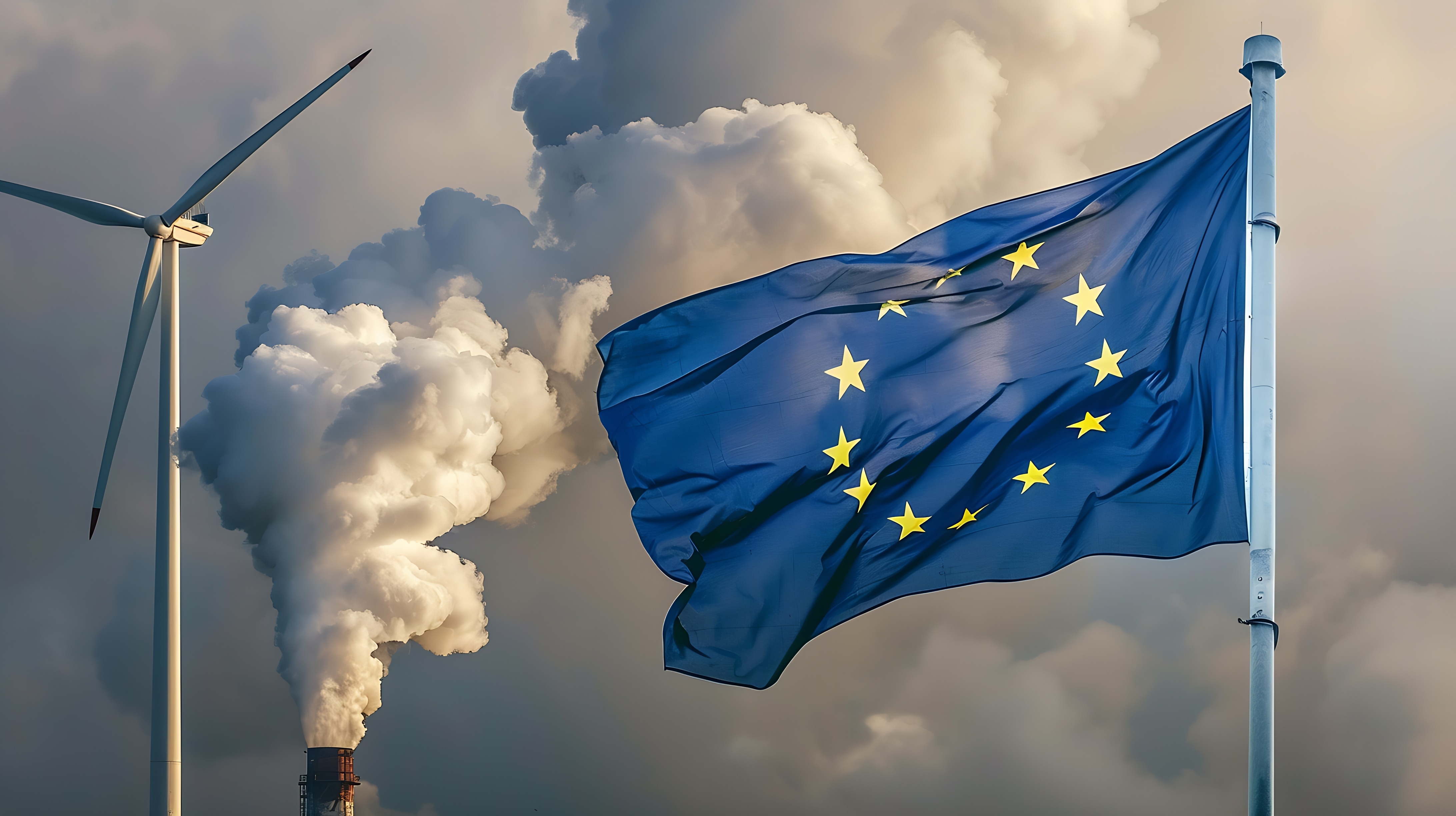On 20 May 2025, the European Union adopted its 17th package of sanctions against Russia, further strengthening its restrictive measures in response to Russia’s ongoing war of aggression against Ukraine. On the same day, the United Kingdom announced sanctions package targeting similar sectors.
Russia’s shadow fleet
The EU has imposed its most extensive sanctions yet on Russia’s shadow fleet, doubling the number of targeted vessels to 342. These 189 newly listed ships, originating from third countries, are involved in transporting Russian oil through irregular and risky practices, or providing supports to Russia’s energy sector. The sanctions ban them from EU ports and services to weaken the fleet and reduce oil revenues.
The EU also sanctioned shipping firms from the UAE, Turkey, and Hong Kong, along with a key Russian oil insurer, for enabling these operations. Since earlier sanctions and the oil price cap, Russia’s oil revenues have dropped by €38 billion, with March 2025 figures down over 13.7% from the previous year.
Energy
To further cut Russia’s funding for the war, the EU has sanctioned Surgutneftegaz, a key oil company contributing significant revenue to the Russian government. A major oil shipping firm has also been added to the sanctions list.
Military
The EU has sanctioned over 45 Russian companies and individuals supplying military equipment, along with Russian and Chinese companies providing industrial tools for the Russian military and industrial sector. It also targeted three Chinese, one Belarusian, and one Israeli entity involved in drone productions. Additionally, 31 entities from countries including Serbia, the UAE, Turkey, Vietnam and Uzbekistan face tighter export controls for bypassing restrictions on dual-use goods. New export bans cover items like chemical precursors and machine tool parts that support Russia’s military capabilities.
Occupied territories
The EU has added 75 new listings targeting the looting of cultural heritage in Crimea and the illegal exploitation of Ukrainian agriculture. This brings the total number of sanctioned individuals and entities to over 2,400. Those listed face asset freezes, travel bans, and are barred from receiving funds from EU citizens or companies. The measures have been published in the Official Journal of the EU.
UK Sanctions
The UK has imposed 100 new sanctions on Russia following a record drone attack on Ukraine, which killed civilians and marked the largest drone assault of the war. The sanctions target Russia’s military supply chains (including for Iskander missiles), energy exports, financial institutions, and disinformation operations. This includes 46 financial entities, 14 members of the Kremlin-linked Social Design Agency, and 18 more shadow fleet oil tankers, in addition to the 110 shadow fleet announced by the Prime Minister ahead of his visit to Kyiv earlier in May. The UK is also working with allies to tighten the G7 Oil Price Cap to further reduce Russia’s war revenues. Foreign Secretary David Lammy urged Putin to agree to an unconditional ceasefire, warning that continued aggression will deepen Russia’s isolation.
P&I cover
Caution and specific advice for all these trades is always recommended. Trade involving Russia is subject to significant legal restrictions. Members are reminded that cover is not available for any trade that breaches applicable sanctions. Members are advised that they should carry out thorough due diligence checks throughout the trade on the parties, cargoes, vessels, and other service providers that are or may be involved before they engage in any trade with a high sanctions risk. Finally, Members are reminded to keep records of their due diligence investigations and findings.
For further reading, please refer to the links below:
Russia’s war of aggression against Ukraine: EU agrees 17th package of sanctions - Consilium





